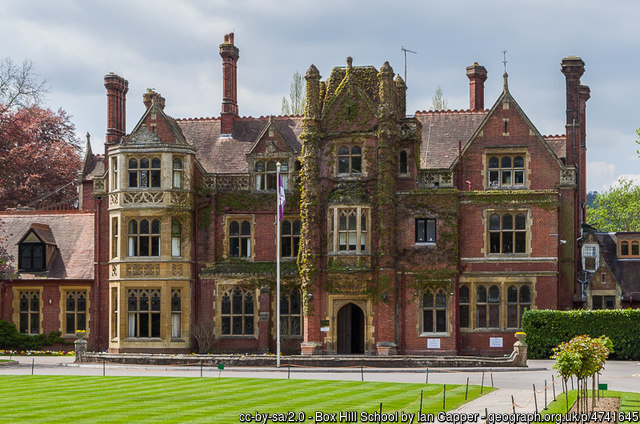It was reported in the Daily Mail this week that private school fees have trebled, in real terms, over the past 30 years, but parents are undeterred.
Their source is a study carried out by academics at the Centre for Learning and Life Chances in Knowledge Economies and Societies at the UCL Institute of Education.

Researchers say that the cost of independent schooling as a proportion of household budgets has risen inexorably. A family, whose income is in the top 5% in the country, may have to pay a fifth of this to educate just one child privately. The proportion has doubled over this period. Average income families, with a child at a private school, have seen their proportion of income spent rise from 20% to 50%.
Whilst some less well-off households are put off by higher fees, this has been offset by the sector’s attempts to broaden its social mix through offering partial bursaries, the research found. Many families are also using their savings or receiving gifts from relatives.
The fee data was provided by the Independent Schools Council, whose schools educate 80% of private sector pupils. Average annual fees for boarding schools for older children stand at £30,651, or three times what they were in real terms in 1980, when the cost was £10,622 in today’s prices. The same is true for independent day schools.
The income demographics of those paying for private education had changed little over 20 years. In the period 1994-2000, just under half of private school families had income in the top 10 per cent of all families nationally and the proportions remained very similar for the period 2001-2016.
Bursaries have helped families with more modest incomes cope with the rises, however the study shows that although the proportion of pupils at private schools receiving bursaries or scholarships has risen from 7% in 1982 to 33% in the past ten years, they have not led to a broadening social mix since the subsidies are relatively small.
The proportion of school children from UK-resident families with modest income has stayed fairly constant at around 6%.
You can view the UCL article here.
